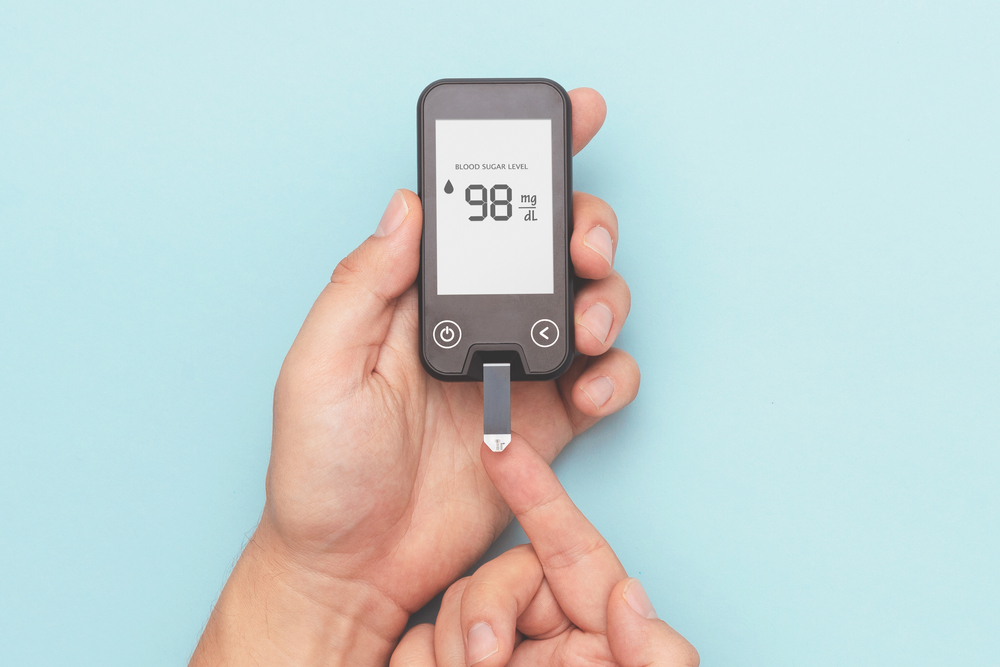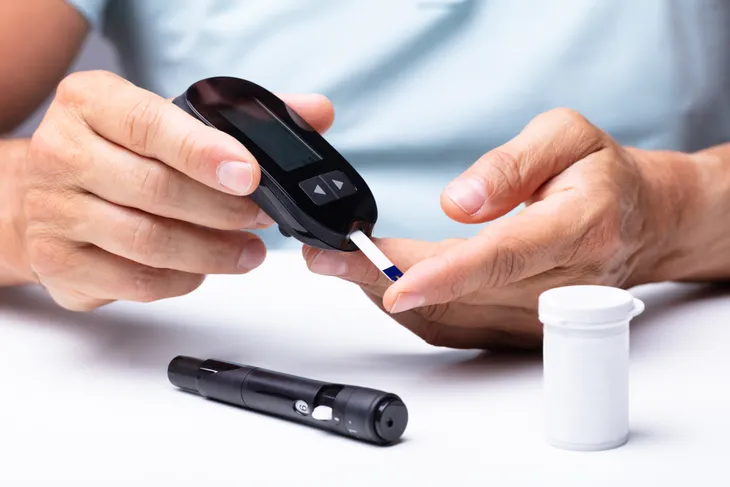Blood sugar levels play a crucial role in energy, focus, and overall health, no matter your age. Understanding what’s considered normal and how those ranges shift with life stages or a diabetes diagnosis can make a significant difference in day-to-day wellness. Paying close attention to glucose levels empowers individuals and families alike to spot patterns, prevent complications, and make more informed choices for long-term health at any stage of life.
When to Monitor Blood Sugar
Maintaining a normal blood sugar level is essential for human health. A variety of factors – including age and certain diseases – can cause blood sugar to become too low or too high.
It may be necessary to monitor your blood sugar level if you:
- Have type-1 or type-2 diabetes
- Are pregnant
- Are taking insulin
- Suffer from persistently high or low blood sugar
What constitutes a healthy blood sugar level is not the same for everybody. It is affected by age and overall health. A person with diabetes, for instance, will have a different blood sugar target than a person without diabetes.
How Is Blood Sugar Regulated?
Carbohydrates in the food we eat are broken down into sugar, or glucose, during digestion. This sugar then enters the bloodstream and serves as an energy supply for all the body’s cells.
Having a blood sugar level that is either too high (hyperglycemia) or too low (hypoglycemia) can lead to serious health complications. For this reason, the pancreas and liver regulate blood sugar levels with two substances called insulin and glucagon. Insulin prompts excess blood sugar to be stored in the liver as glycogen when levels become too high. When blood sugar levels start to drop below a healthy range, glucagon is released to convert stored glycogen back into glucose.
How Does Diabetes Affect Blood Sugar Levels?
People with type-1 diabetes are unable to produce insulin. As a result, the body cannot store excess glucose as glycogen, and blood sugar levels become too high. This type of diabetes can be managed with carefully measured insulin injections throughout the day, following meals. If a person with type-1 diabetes takes too much insulin, their blood sugar levels may drop below a normal level.
In a person with type-2 diabetes, the body becomes insulin resistant. This means that even though the pancreas still produces insulin, it is not effective enough to keep blood sugar down and within a healthy range. Type-2 diabetes can be managed through diet and by regularly monitoring blood sugar throughout the day.
Gestational diabetes is a form of type-2 diabetes that occurs in approximately 16 percent of pregnant women. In these instances, the diabetes was not present prior to the pregnancy.
Normal Blood Sugar Levels for Non-Diabetics
Blood sugar is measured in millimoles per liter (mmol/l). The amount of glucose in the blood will fluctuate throughout the day according to when you eat and how active you are, but should remain within 4 to 7 mmol/l (72 to 126mg/dL).
Blood sugar readings are categorized as follows:
- Less than 4 mmol/l (<72 mg/dL): Blood sugar is too low (hypoglycemia).
- 4 to 7 mmol/l (72 to 126 mg/dL): Blood sugar is within a healthy range.
- More than 7 mmol/l (<126mg/dL): Blood sugar is too high (hyperglycemia).
Target Blood Sugar Levels for People with Diabetes
The target blood glucose levels for adults and children with diabetes are detailed here. Keep in mind that your doctor may recommend different target levels, based on your overall health and lifestyle.
Adults with type-1 diabetes:
- Upon waking and before meals – 5 to 7 mmol/l (90 to 126mg/dL)
- Other times of the day – 4 to 7 mmol/l (72 to 126mg/dL)
Children with type-1 diabetes:
- Upon waking and before meals – 4 to 7 mmol/l (72 to 126mg/dL)
- After meals – 5 to 9 mmol/l (90 to 162mg/dL)
Adults and children with type-2 diabetes:
- Before meals – 4 to 7 mmol/l (72 to 126mg/dL)
- Two hours after meals – Less than 8.5 mmol/l (155mg/dL)
Gestational diabetes:
- Before meals – Less than 5.3 mmol/l (95mg/dL)
- One hour after meals – Less than 7.8 mmol/l (140mg/dL)
- Two hours after meals – Less than 6.4 mmol/l (115mg/dL)
What Happens When Your Blood Sugar Level Is Too High?
Initially, high blood sugar levels can lead to the following symptoms:
- Difficulty concentrating
- Extreme thirst
- Feeling fatigued
- Blurred vision
- Bloating
- Dry mouth
- The need to urinate more frequently
If left unchecked, high blood sugar can lead to a serious condition called diabetic ketoacidosis. This may result in the following symptoms:
- Shortness of breath
- Rapid heartbeat
- Confusion
- Vomiting
- Dehydration
- Coma
In the long-term, high blood sugar can lead to vision loss, skin sores, kidney disease, heart attack, or stroke.
What Happens When Your Blood Sugar Level Is Too Low?
A person who is suffering from low blood sugar may experience the following symptoms:
- Extreme irritability
- Anxiety or nervousness
- Rapid heartbeat
- Shallow breathing
- Sweating
- Extreme muscle weakness
- Fatigue
- Confusion
- Dizziness
- Seizures
- Nightmares and disturbed sleep
Eating carbohydrate-rich foods is the fastest way to correct low blood sugar. However, people with diabetes must be careful not to overdo this and end up with blood sugar that is too high. The American Diabetes Association recommends the “15/15 rule” when managing low blood sugar. The “15/15 rule” is eating 15 grams of carbohydrates and then re-testing blood sugar after 15 minutes.
Testing Blood Sugar Levels
You can check your blood sugar level using a home testing kit. This involves a finger prick test, whereby a drop of blood is taken and entered into a blood sugar meter. While such measures are not necessary for everyone, it is recommended that people living with diabetes have a home testing kit available.
If you suffer from type-1 diabetes, your doctor may recommend using a skin patch that automatically monitors blood sugar throughout the day and issues a warning whenever glucose levels move outside a safe range.
Talk to Your Doctor
Make an appointment to see your doctor if you regularly experience any of the symptoms outlined in this article. This is especially important if you have a family history of diabetes and are concerned that your blood sugar may be too high.











